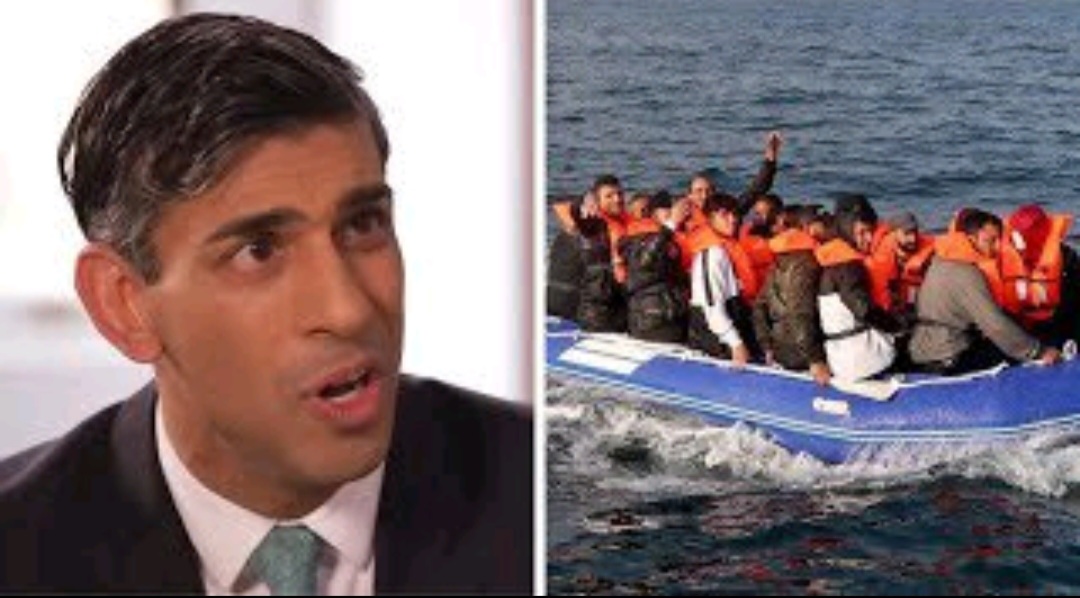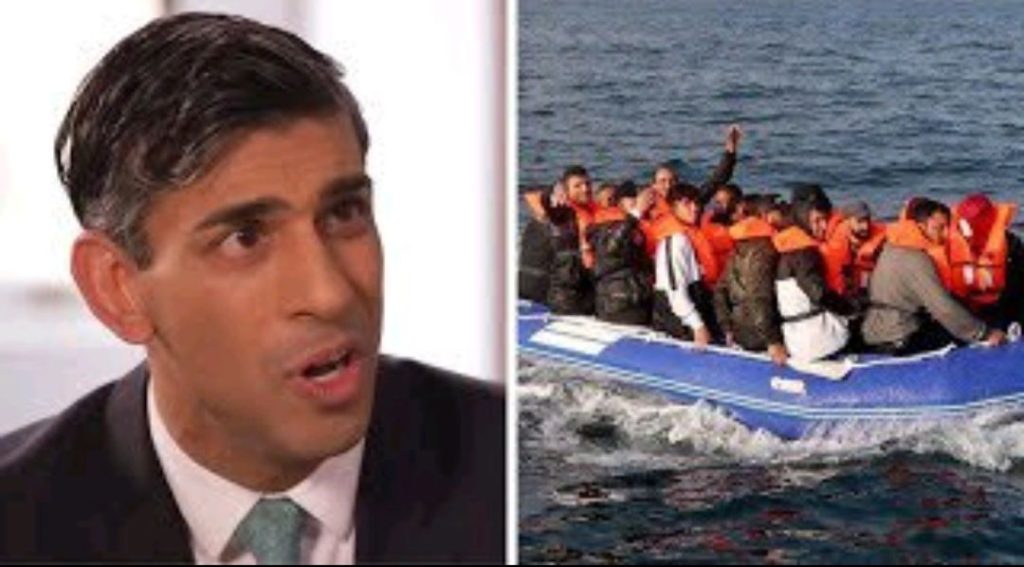
UK taxpayers will be responsible for covering the medical bills of migrants deported to Rwanda if they require treatment that cannot be provided in the East African country. This development comes as part of a deal signed between the Kigali government and a health insurance firm, which allows deportees to be sent to countries such as India, Belgium, and Turkey for specialized care.

According to the Daily Mail, the agreement, revealed in documents seen by The Times, stipulates that deportees may be transferred abroad for medical conditions that cannot be treated in Rwanda. This decision will be made by a Kigali-based referral board, with the costs being borne by UK taxpayers.
The deal, which is part of the £290 million agreement signed in 2022, outlines the types of care that migrants should receive in Rwanda. This includes family planning services, glasses, dentistry, and hearing aids, ensuring that the quality of treatment is in line with what Rwandans receive.
The number of migrants arriving in the UK via small boats across the Channel has been steadily increasing. As of Sunday, two more vessels arrived, bringing the total number of arrivals this year to nearly 10,000. This figure is up from 7,217 by the same date last year and 8,693 in 2022.
Labour’s shadow immigration minister, Stephen Kinnock, criticized the Rwanda scheme, stating, “This is yet more evidence that the Rwanda scheme is not what it was billed to be, with additional further costs to the already incredibly expensive scheme.” Marley Morris of the IPPR think tank echoed this sentiment, noting, “The ‘per person’ costs are very significant. If you were to do this at scale, it would cost billions.”
The Home Office has defended the scheme, emphasizing the need to deter dangerous and illegal journeys across the Channel. A spokesperson stated, “The unacceptable number of people who continue to cross the Channel demonstrates exactly why we must get flights to Rwanda off the ground as soon as possible.”
The Labour Party has pointed out that the number of small boat arrivals has been at a record pace, with 201 boats making the crossing up to Saturday. Kinnock added, “Thousands of people have crossed the Channel since the Government’s Rwanda bill passed, with crossings up a third on last year already.”
The government remains committed to the Rwanda scheme, with the first flights expected to begin in July. The Home Office is working closely with French police to prevent these dangerous journeys, having stopped 26,000 people from reaching UK shores last year.
Despite the controversy and criticism, the government insists that the Rwanda scheme is a necessary measure to address the ongoing migration crisis. The Home Office spokesperson concluded, “We remain committed to building on the successes that saw arrivals drop by more than a third last year, including tougher legislation and agreements with international partners, in order to save lives and stop the boats.”
Critics argue that the financial burden on UK taxpayers is unjustifiable, particularly given the significant costs already associated with the scheme. The ethical implications of deporting migrants to Rwanda, only to potentially send them to other countries for medical treatment, have also been called into question. Many believe that the scheme undermines the UK’s responsibility to provide adequate care and support for asylum seekers.
Supporters of the plan, however, argue that it is a necessary deterrent to illegal migration and will ultimately save lives by discouraging dangerous journeys across the Channel. They contend that the long-term benefits of reducing illegal migration and the associated costs justify the initial expenditure and logistical challenges.
As the debate continues, the financial and ethical implications of the Rwanda scheme remain a contentious issue. The government’s determination to proceed with the plan highlights the complexities and challenges of addressing illegal migration and ensuring the safety and well-being of those affected. Whether the scheme will achieve its intended goals without exacerbating existing problems remains to be seen, as both sides of the debate prepare for the upcoming implementation of the first deportation flights.




